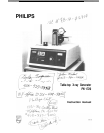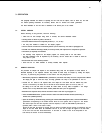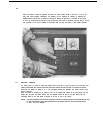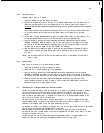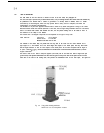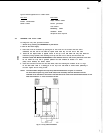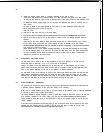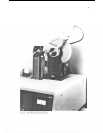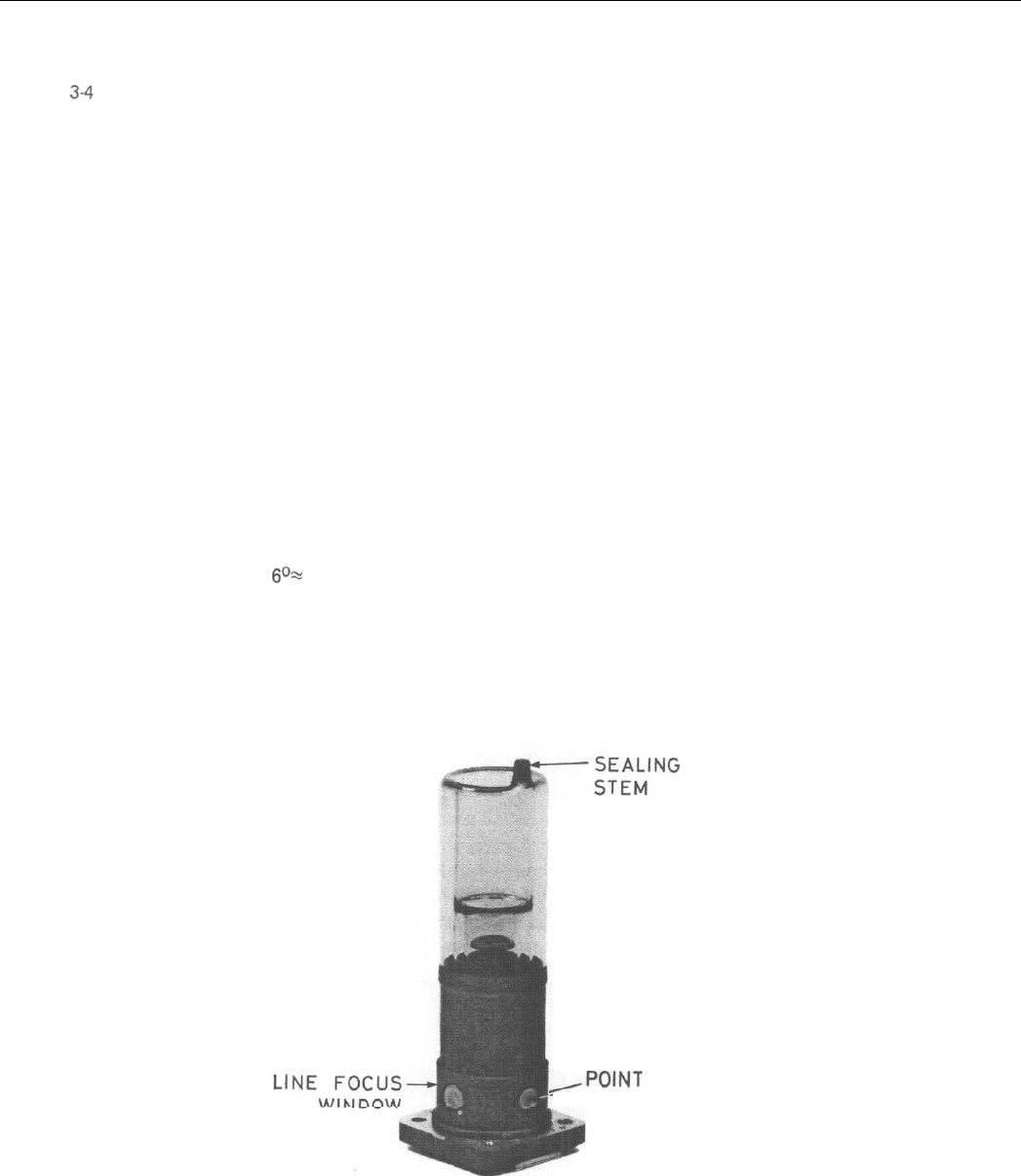
3.5. USE OF WINDOWS
The tube shield on the PW 1720 has a window on each of the four sides, see paragraph 2.2.
The
exit of
X-rays
is
prevented
by
a blank shutter disc, or by a rotating shutter disc whose exit hole should
only
be positioned at the window when a camera or goniometer is correctly fitted. In addition, there is
a
shutter
controlled by an electromagnet, which can only operate when a safety circuit is complete, and when two
push-buttons are operated simultaneously.
The windows are in pairs and opposite windows have a similar X-ray beam configuration. Owing to the
short
distance between anode and cathode (filament1 of the tube, and the high voltage between these two electrodes,
there is an almost linear electric field between the
two,
and the photon emitting area on the anode is more or
less identical
to
the shape of the filament.
The filament has a rectangular shape but the size depends on the type of X-ray tube
Focal sizes are: Fine focus
= 0.4
x
8 mm
Normal focus
= 1 x 10 mm
Broad focus tube =2x 12 mm
Two windows in the
metal
body are parallel with the long side of the focus: the
two
other windows are at
right angler
to
it. The windows are at the same height with respect to the anode plane, and they allow beam
take-off angler between 0° and
12°
with respect to the anode plane. At the usual accepted take-off angle of
6°
(sin
6°
and tan
6Oa
0,1),
the focus dimension in the direction of the relevant beam becomes
0,1
of the
original dimension.
The result is that on two sides a sharp line appears (line focus) and on the other
two
sides a bright focal spot
(point focus). with specific dimensions for the various types of X-ray tube. One of the point focus is on the
same side of the tube as the sealing stem, This provider the identification mark for the focal spots, see figure 3.2.
/POINT
FOCUS
WINDOW
RD
2943
Fig. 3.2.
X-ray tube showing windows.
NOTE: do
not
touch
beryllium
windows.



